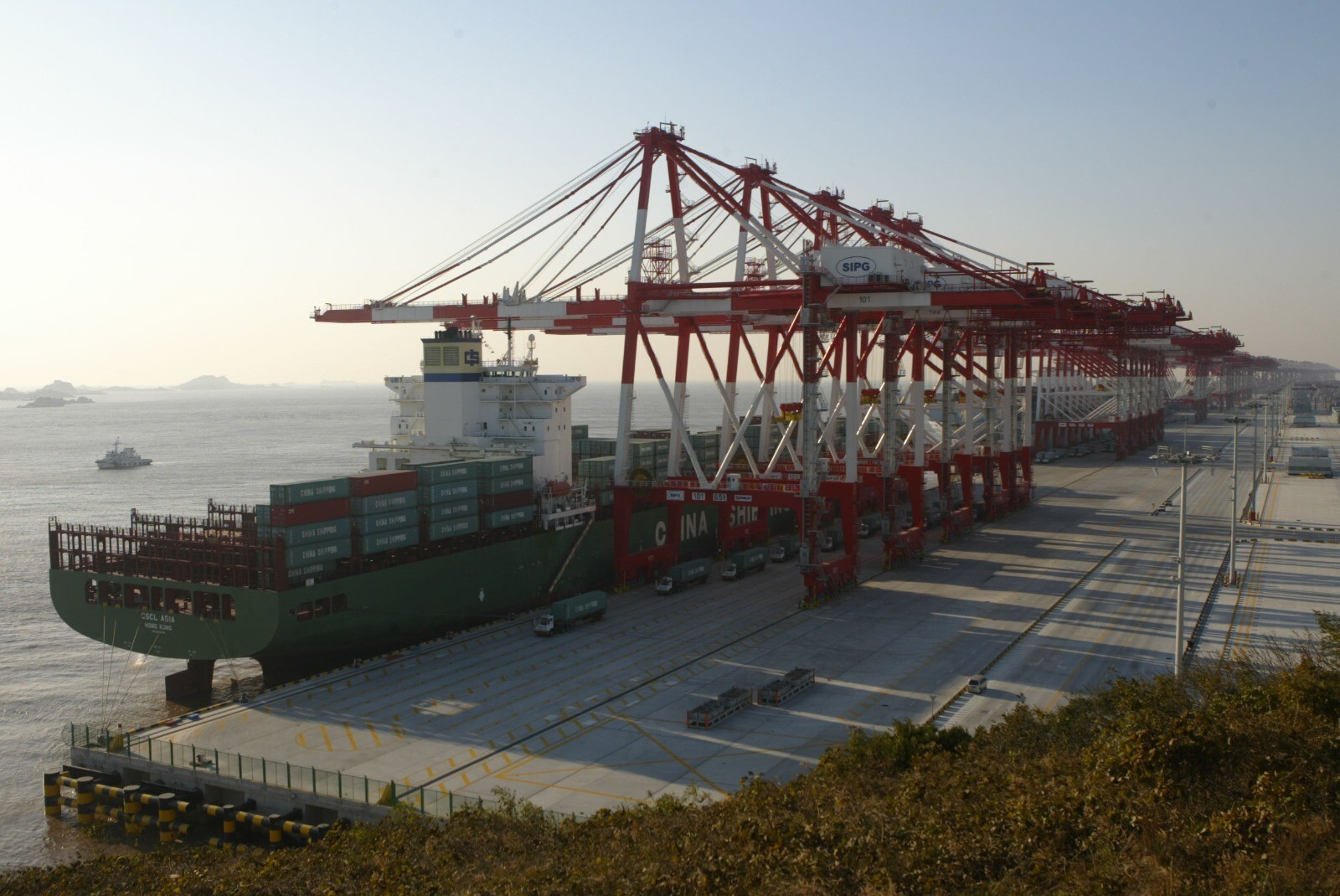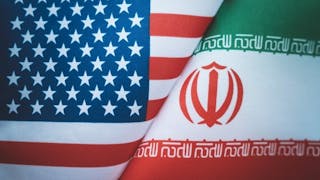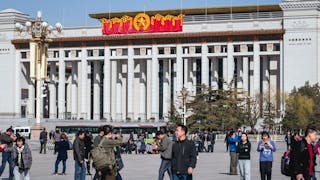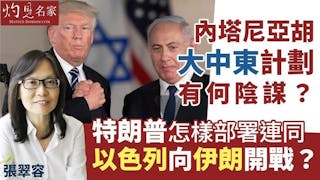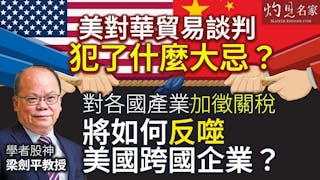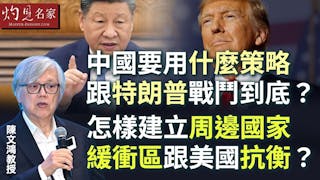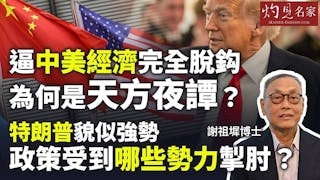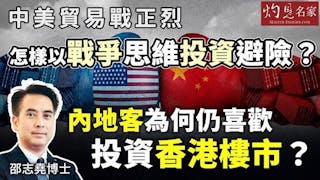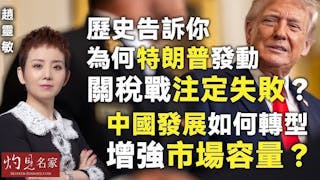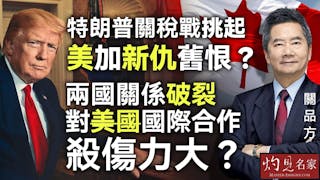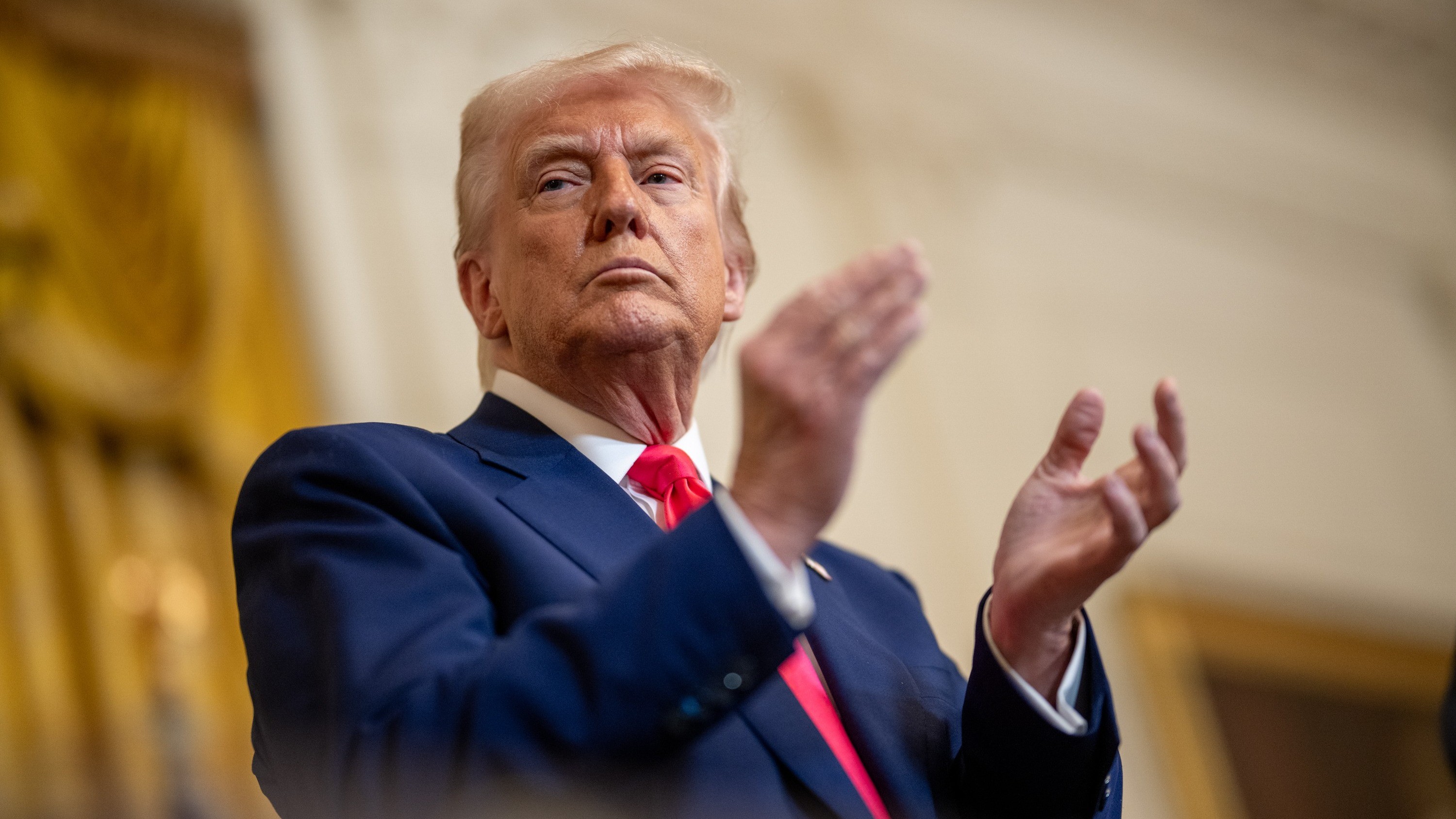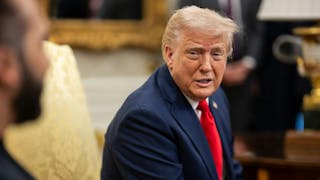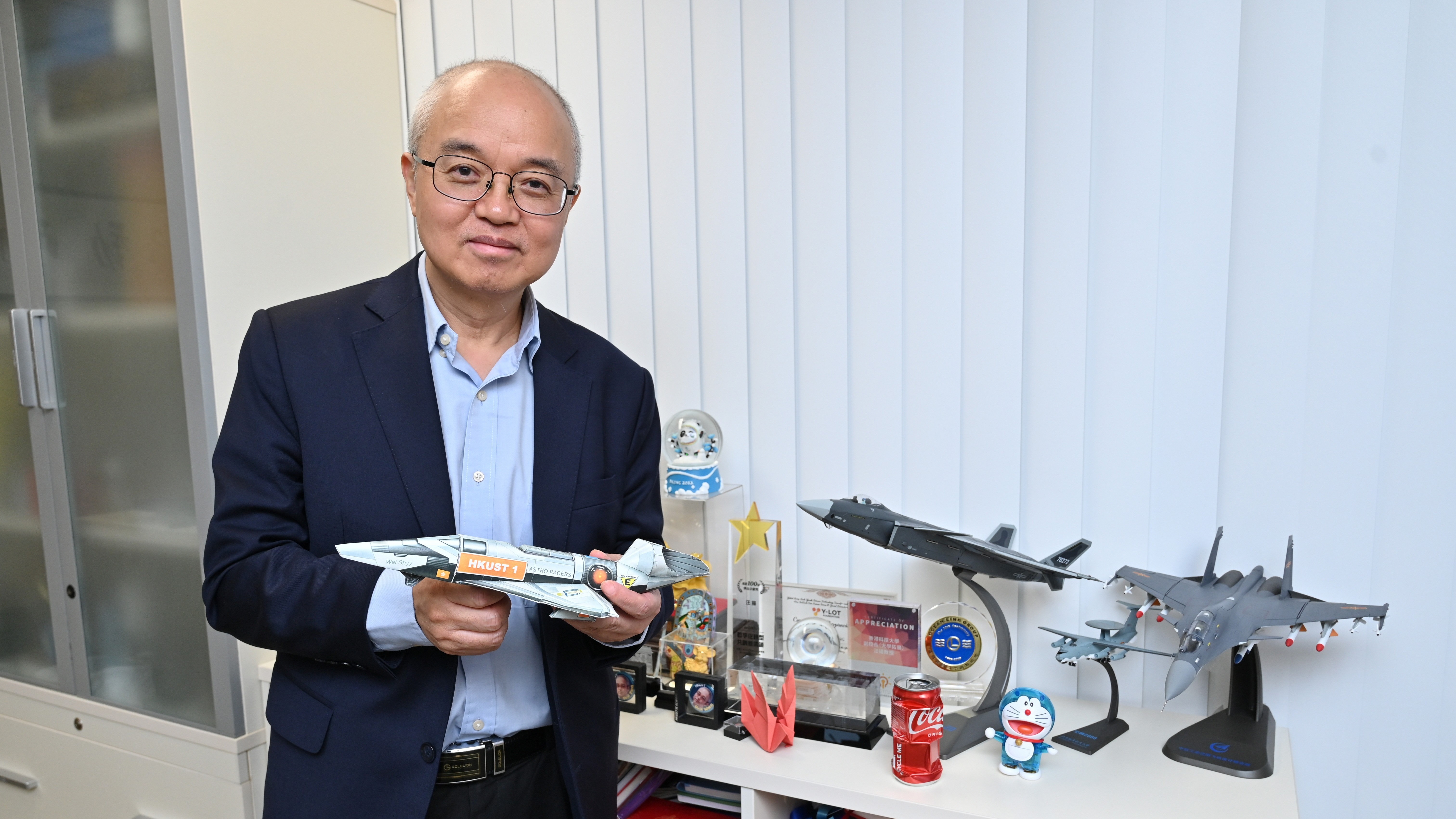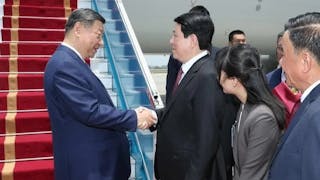最近的事態發展表明,北京和台北之間在申請加入《全面與進步跨太平洋夥伴關係協議》(CPTPP)方面的競爭,比以往更加激烈。
北京和台北分別於2021年9月16日和22日申請加入CPTPP。CPTPP是由澳洲、日本、加拿大、紐西蘭、越南、馬來西亞、文萊、新加坡、墨西哥、秘魯和智利組成的自由貿易組織,於2018年12月開始運作,除少數農產品外,其他工業產品幾乎在成員國內免稅。2023年3月,英國政府宣布完成加入CPTPP的全部談判,成員國同意英國作為新成員加入。
大陸一直對台灣申請加入CPTPP作出消極回應,並於2021年9月表示,台灣作為一個地區必須採取「一個中國」原則參與區域經濟組織。
中:台入CPTPP 須以「一中」原則為前提
路透社7月21日報道,台灣當局正在調查台灣申請加入CPTPP的部分文件被洩露的情況。路透社表示,無法核實洩露的文件是否偽造。
2023年4月23日,中國商務部副部長王受文向傳媒表示,中國有意願、有能力加入CPTPP。他說,中國加入CPTPP不僅符合中國的利益,也符合CPTPP成員利益,為亞太地區貿易投資自由化增加新的動力。
王受文表示,中國已經在一些自貿試驗區對照CPTPP的規則、標準、管理作先行試點,條件成熟後會在更大範圍推廣。王受文表示,中國加入CPTPP,有利於進一步擴大開放,深化改革,推動高質量發展。此外,中國加入將意味CPTPP成員國的消費者增加三倍。
據報道,中方已對CPTPP的約2300項規定進行了研究,看看內地如何在必要的領域進行改革,如何修改法律,以進一步打開貿易自由化和跨境服務貿易的大門。
6月25日至30日,紐西蘭總理希普金斯訪華,雙方達成聯合聲明,將雙邊關係提升至「全面戰略夥伴關係」。有意思的是,紐西蘭表示支持中國申請加入CPTPP。
另一方面,儘管台灣近5年花費7500萬新台幣遊說CPTPP成員國支持其加入CPTPP,近期的CPTPP部長級會議尚未討論台灣的申請。台灣行政院院長陳建仁最近將台灣未能加入CPTPP歸咎於「中國的打壓」。 民眾黨立委邱臣遠說,CPTPP成員國對台灣的申請尚未達成共識,台灣須待CPTPP成立工作小組才能進行後續談判。 邱臣遠預測,台灣在2023年或2024年加入CPTPP的機會「非常渺茫」。
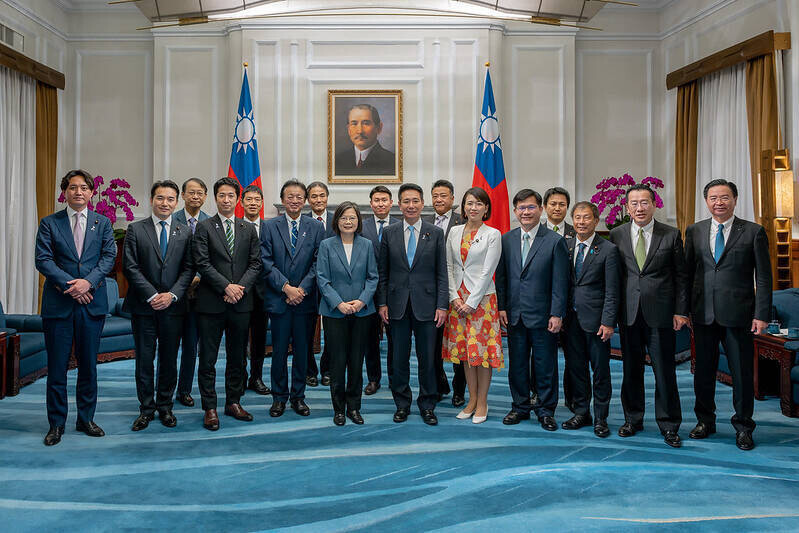
台灣行政院政務委員、經貿談判總代表鄧振中7月20日質疑,鑑於CPTPP的嚴格標準,CPTPP是否會「向中國妥協」值得懷疑。鄧振中表示,中美競爭造成了混亂的局面,台灣商人抓住機會,不僅擴大與美國的業務關係,還擴大了與墨西哥的業務關係。他表示,台灣正在與加拿大談判投資促進及保障協議。2023年4月,台灣與加拿大討論在新的商業環境中協助中小企業、原住民、婦女和其他群體的措施。
美借深化與台關係 推動全球供應鏈重組
另一方面,台灣將在美國參議院7月18日通過的《台美21世紀貿易倡議首批協定實施法案》下,與美國討論如何加強貿易關係。鑑於中美關係的不穩定,華盛頓非常熱衷於加強與台灣的關係,並通過加大對台北的支持來推動全球供應鏈的重組。自2023年6月以來,雙方已就如何促進雙邊貿易、良好治理、協調服務業規定及支持中小企業等問題達成共識。
不過,台灣民眾黨主席柯文哲表示,日本自民黨幹事長告訴他,台灣無法加入CPTPP。針對文哲的說法,台灣行政院經貿談判辦公室發表聲明,稱日本各界支持台灣申請加入CPTPP。 台灣當局還完成了涉及漁業、藥品、化妝品、郵政服務、知識產權等11項法規的修法。聲明又稱,台灣已放寬從日本福島進口食品。 因此,台灣正努力增強經濟競爭力以加入CPTPP。
7月初,日本國會跨黨派代表團訪台,代表團成員會見了台灣的總統蔡英文。代表團團長、眾議員前原誠司表示,日本三個在野黨支持台灣加入CPTPP。蔡英文告訴代表團成員,期盼日本國會議員協助台灣加入CPTPP。日本訪台代表團由立憲民主黨、日本維新會、國民民主黨國會議員組成。
與此同時,國民黨批評民進黨試圖加入CPTPP卻拒絕與大陸簽訂服務貿易協定,這是「欺騙」台灣民眾。國民黨員立法委員賴士葆認為,如果 CPTPP 要求所有成員國公平、平等、自由地對待彼此,那麼台灣政府就不應該禁止從中國大陸進口約 2000 種產品。賴士葆批評民進黨總統候選人賴清德採取「反中保台」政策,實際上是在「壓縮台灣的國際貿易空間」。 賴士葆的主要觀點是,民進黨不應迴避與大陸討論貿易關係和協議,只關注申請加入CPTPP。
2023年6月8日,賴清德出席「澳台情誼年回顧晚宴」,遊說澳洲政府支持台灣加入CPTPP。 賴清德強調,台灣與澳洲的雙邊貿易關係有所改善,雙方擁有相同的民主和人權價值觀。
2023年5月,鄧振中在華盛頓出席APEC部長級會議時,有報道指他遊說APEC成員國支持台灣加入CPTPP。
同月,日本自民黨青年局長率團訪問台灣,獲蔡英文接見,蔡英文表示希望日本政府支持台灣加入CPTPP等國際組織。
與澳貿易爭端成華入CPTPP障礙
台灣方面為遊說日本和澳洲支持其加入CPTPP做出了巨大努力。另一方面,澳洲政府助理貿易部長蒂姆·艾爾斯(Tim Ayres)卻在7月14日暗示,中國短期內很難加入CPTPP。艾爾斯表示,「考慮未來的加入申請還有待時日」,CPTPP 「是一項高標準的協定」。他指出,英國作為新成員「在遵守世貿組織規則方面擁有良好的記錄,並將達到CPTPP的標準」。
中國和澳洲就澳洲大麥關稅存在貿易爭端。艾爾斯說,「這些貿易障礙不符合澳洲出口商的利益,但也不符合中國、中國消費者或中國工業的利益」。
儘管中國最近採取措施通過恢復進口澳洲木材、煤炭和硬核水果來緩解貿易緊張,但中澳大麥爭端似乎將阻礙澳洲支持中國申請加入CPTPP的前景。不管怎樣,大麥、葡萄酒、海鮮和紅肉仍受到貿易限制。
總之,加入CPTPP的政治角力愈演愈烈,尤其是台灣方面,政府當局不斷遊說外國官員和政客,反對黨和在野政治人物則向執政黨潑冷水。另一方面,中國大陸渴望加入CPTPP,並已採取具體措施開放貿易行為。儘管如此,中國與包括澳洲和日本在內的其他國家之間的複雜關係,至少在短期內可能會窒礙北京加入CPTPP的努力。另一方面,台灣加入CPTPP的嘗試也面臨阻力。台北對大陸採取限制性貿易政策,而大陸將「一個中國」原則視為台灣參與區域經濟組織的先決條件。因此,台北和北京之間的經濟拉鋸戰正在變成僵局,至少在短期內,雙方都可能難以加入CPTPP。
The New Politics of Entering CPTPP: Perspectives from Beijing and Taipei
Recent developments have shown that the rivalry between Beijing and Taipei over their application to join the Comprehensive and Progressive Agreement for Trans-Pacific Partnership (CPTPP) is becoming more intense than before.
Both Beijing and Taipei applied for the membership of CPTPP in September 16 and 22, 2021, respectively. The CPTPP is a free trade organization composed of Australia, Japan, Canada, New Zealand, Vietnam, Malaysia, Brunei, Singapore, Mexico, Peru, and Chile. It came to operation in December 2018. Except for a few agricultural products, almost all other industrial products are exempted from tax in the member states. In March 2023, the government of the United Kingdom announced that it completed all the negotiations over its entry into the CPTPP, whose member states agree that the UK will join as a new member.
The People’s Republic of China (PRC) has been responding to Taiwan’s application for the CPTPP negatively, saying in September 2021 that Taiwan as a district must adopt the one-China principle to participate in regional economic organizations.
On July 21, Reuters reported that the Taiwan authorities are investigating a situation in which some documents concerning Taiwan’s application for the CPTPP membership were leaked out. Reuters said it could not verify whether the leaked documents were fake or not.
On April 23, 2023, the PRC State Council’s Ministry of Commerce vice minister, Wang Shuowen, told the media that China is willing to, and that China has the capability to enter the CPTPP. He added that China’s entry into the CPTPP is in conformity with the interest of not only the PRC but also CPTPP member states and the economic recovery of the Asia-Pacific region and the world (Ta Kung Pao, April 23, 2023).
Wang said China in some free trade experimental zones has already adopted the rules, criteria, management practices of the CPTPP. From China’s perspective, Wang remarked, joining the CPTPP would be conducive to the further opening-up process and its deepening reforms. Furthermore, the number of consumers of the member states of CPTPP would increase by threefold if China participates in it.
It was reported that China has studied some 2,300 stipulations under the CPTPP to see how the mainland can reform the necessary areas and how it should undertake legal amendments for the sake of opening the door further in trade liberalization and cross-border service trade.
From June 25th to 30th, when the New Zealand Prime Minister Chris Hipkins visited China, both sides reached a Joint Declaration on the enhancement of their bilateral relations to a “strategic partnership” level. Most interestingly, New Zealand expressed its support of China to apply for its entry into the CPTPP.
On the other hand, Taiwan spent NT$75 million in the last five years to lobby the CPTPP member states for support of its application to the CPTPP (Ta Kung Pao, July 20, 2023). However, the CPTPP’s recent ministerial meeting has not yet discussed the Taiwan application. Taiwan Premier Chen Chien-jen has recently put the blame of the Taiwan inability of entering the CPTPP on “the mainland’s resistance” (Ta Kung Pao, July 20, 2023). A legislator affiliated with the Taiwan Democratic Progressive Party (DPP), Chiu Chen-yuan, added that the CPTPP member states did not have a consensus on Taiwan’s application and that Taiwan must wait for the establishment of a working group under the CPTPP. Chiu predicted that the chance of Taiwan’s entry into the CPTPP will be “very slim” in 2023 and 2024.
John Deng Chen-chung, the minister in charge of the Taiwan Office of Trade Negotiations, questioned on July 20 that, given the CPTPP’s stringent criteria, it would be doubtful whether the CPTPP would make compromise with the PRC in the application to join the organization. According to Deng, the Sino-American rivalries have generated a chaotic situation in which Taiwan traders have grasped the opportunity to expand their business relations with not only America but also Mexico. Furthermore, Taiwan is negotiating a foreign investment promotion and protection agreement with Canada. Both Taiwan and Canada in April 2023 were discussing measures to assist the small and medium enterprises, the indigenous peoples, women, and other groups in a new business environment.
On the other hand, Taiwan will discuss with the US on how to enhance trade relations under the US-Taiwan Initiative on the 21st Century Trade, which was approved by the US Senate on July 18. Given the rocky Sino-US relations, Washington has become very keen to enhance its relations with Taiwan and to promote a reorganization of the global supply chain through its increasing support of Taipei. Both sides have since June 2023 have reached consensus on how to facilitate bilateral trade, good governance, the harmonization of their service sectors’ stipulations, and the support for small and medium enterprises.
However, the chairperson of the Taiwan People’s Party, Ko Wen-je, said that a top official of the Liberal Democratic Party in Japan told him that Taiwan would not be able to enter the CPTPP. In response to Ko’s assertion, the Taiwan Economic and Trade Negotiation Office under the Executive Yuan issued a statement, saying that many sectors in Japan supported Taiwan’s application to join the CPTPP. Moreover, the Taiwan authorities have amended eleven legislations, including those on the fishing industry, pharmaceutical industry, cosmetics industry, the postal service, and intellectual property rights. Taiwan, according to the statement, has relaxed the import of food products from Japan’s Fukushima. Hence, Taiwan is making strenuous efforts at increasing its economic competitiveness and entering the CPTPP.
In early July, a cross-party delegation from Japan visited Taiwan and its members met Taiwan President Tsai Ing-wen. The delegation chief, Maehara Seiji, said that three opposition parties in Japan supported Taiwan’s bid of entering the CPTPP. Tsai told the delegation members that they should lobby the Members of Parliament back in Japan to support Taiwan’s application to the CPTPP. The Japanese delegation was composed of members from the Constitutional Democratic Party, the Japan Restoration Party, and the Democratic Party for the People.
At the same time, the Kuomintang (KMT) criticized the DPP for “deceiving” the people of Taiwan by trying to enter the CPTPP but rejecting the service trade agreement with mainland China. A KMT member, Lai Shyh-bao, argued that if the CPTPP required all members states to treat each other fairly, equally, and freely, then the Taiwan government should not ban the import of some 2,000 products from mainland China (Liberty Times, July 3, 2023). Lai levelled his criticisms at the DPP presidential candidate William Lai, who adopted a policy of “opposing China but protecting Taiwan,” and who is actually “shrinking the international trade space of Taiwan.” Lai’s main point is that the DPP cannot avoid discussing with mainland China on their trade relations and agreement and that it just focused on the application to the CPTPP.
In June 2023, William Lai went to attend a dinner with the Australian trade representatives in Taiwan, lobbying the Australian government to support Taiwan’s entry into the CPTPP. Lai emphasized that the bilateral trade relations between Taiwan and Australia have improved, and that both places share the same democratic and human rights values.
In May 2023, when John Deng attended a ministerial meeting of APEC in Washington, it was reported that he lobbied the APEC member states to support Taiwan’s bid to enter the CPTPP.
In the same month, a delegation of young members of the Liberal Democratic Party of Japan visited Taiwan and met Tsai Ing-wen, who according to reports mentioned that the delegation members should actively lobby the Japanese government to help Taiwan’s entry into the CPTPP (Liberty Times, May 4, 2023).
While tremendous efforts have been made by Taiwan to lobby Japan and Australia to support its application to the CPTPP, Tim Ayres, an assistant trade minister of the Australian government, implied on July 14 that it would be difficult for China to enter the CPTPP in the near term (The Guardian , July 14, 2023). Ayres said that “the consideration of future accession application is some way off” and that the CPTPP is “the preeminent trade agreement in the world.” He pointed to the UK as a new member who “got a strong record of complying with WTO rules and is going to measure up to the CPTPP standards.”
China and Australia have trade dispute over the tariffs on the Australian barley. Ayres added that “these trade impediments are not in the interest of Australian exporters, but they’re not in the interests of China or Chinese consumers or Chinese industry either.”
It looks as if the Sino-Australian barley dispute would hamper the prospect of Australia’s support of China’s application to the CPTPP, even though China has recently taken steps to ease trade tensions by resuming the import of Australian timber, coal, and stone fruits. However, barley, wine, seafood, and red meat are subject to trade restrictions.
In conclusion, the politics of entering the CPTPP is increasingly intense, especially from the Taiwan side where the government authorities have been lobbying foreign countries, their officials and politicians, and where the opposition parties and politicians are pouring cold water on the ruling party. On the other hand, China is eager to enter the CPTPP and has taken concrete measures to liberalize its trade practices. Still, the complex relationships between China and other countries, including Australian and Japan, would likely hamper Beijing’s efforts at entering the CPTPP at least in the short run. On the other hand, Taiwan’s attempt at joining the CPTPP is facing obstacles. Taipei adopts a restrictive trade policy toward the mainland, which sees the one-China principle as a prerequisite for Taiwan’s participation in regional economic organizations. As such, an economic tug-of-war between Taipei and Beijing is producing a deadlock in which both sides may find it difficult to enter the CPTPP at least in the short run.
原刊於澳門新聞通訊社(MNA)網站,本社獲作者授權轉載。原文網址:https://www.macaubusiness.com/opinion-an-analysis-of-the-new-central-level-hkmao-leadership/



